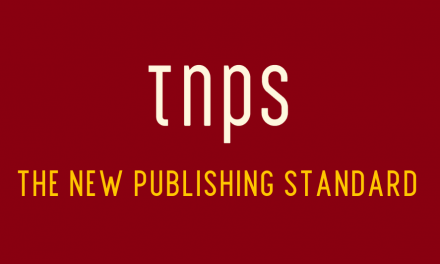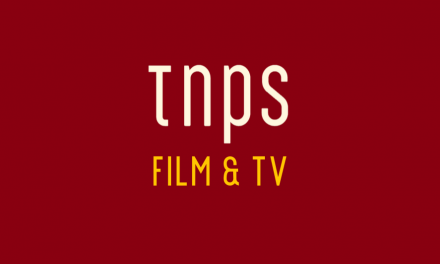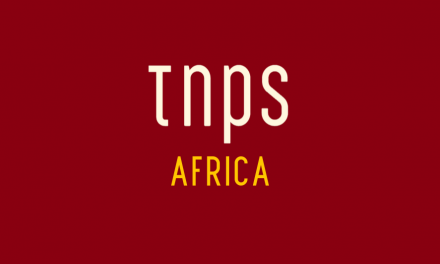Per UNICEF, 75 per cent of children in Nigeria, aged 7 to 14 years, cannot read a simple sentence or solve a basic math problem.
Olubunmi Aboderin Talabi, founder of the publishing house Iwe Mi, and convener of the annual Akada Children’s Book Festival, talked to Vanguard about Nigeria’s literacy problems this past week.
Some excerpts:
“Ten or so years ago, if you were looking for picture books that children could read in their spare time or recreational books that were alternatives to other forms of entertainment, you would find a few titles written by Nigerian authors for Nigerian children. However, there weren’t many. For example, when we held the first Akada Book Festival in 2019, we were only able to feature nine authors because there weren’t that many who were writing for children. Compare that to this year, 2023, where we’ve had over 125 books submitted for consideration. It goes to show how much the industry has grown and the rising interest in children’s books.”
“(The Akada Festival) as undoubtedly been a catalyst for the Nigerian children’s literary landscape. Since its inception, we have seen year-on-year growth in the number of authors writing for children. It has opened the eyes of authors to the need for more literature written for children. This is literature that is age-appropriate, relevant, and of cultural interest to children. The festival has also provided a platform for hitherto unknown authors to become known.”
“More traditional publishers in Nigeria are now releasing more children’s picture books and books for the youngest of readers. However, the vast majority of children’s books—those written for recreational purposes as opposed to academic purposes—are still written and self-published by the authors.”
The full interview is a must-read for anyone interested in Nigerian and wider African publishing, and will be an inspiration for those in other parts of the world where children’s literature is under-developed.
#Nigeriabookmarket #Nigeriapublishing #Nigeriachildrensbooks #AkadaChildrensBookFestival





